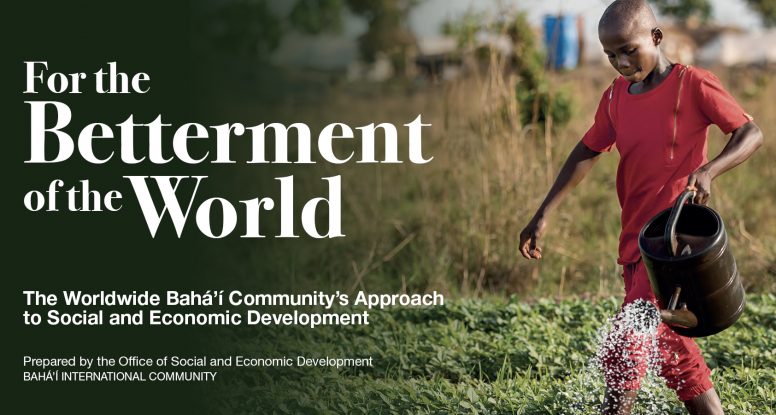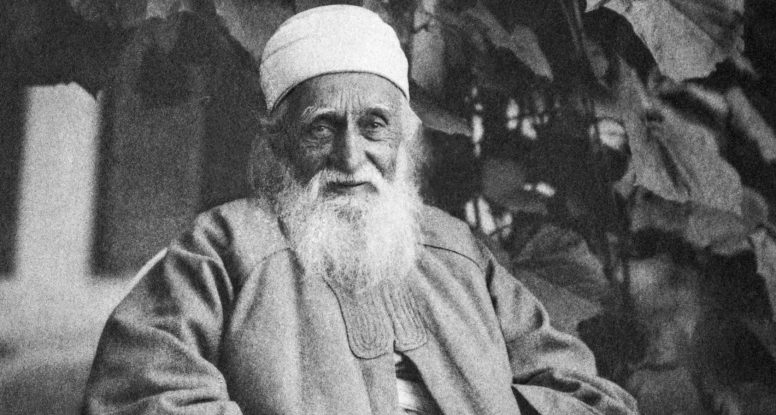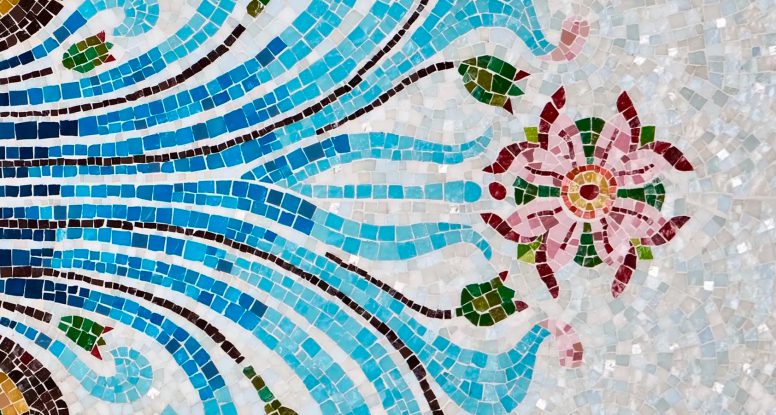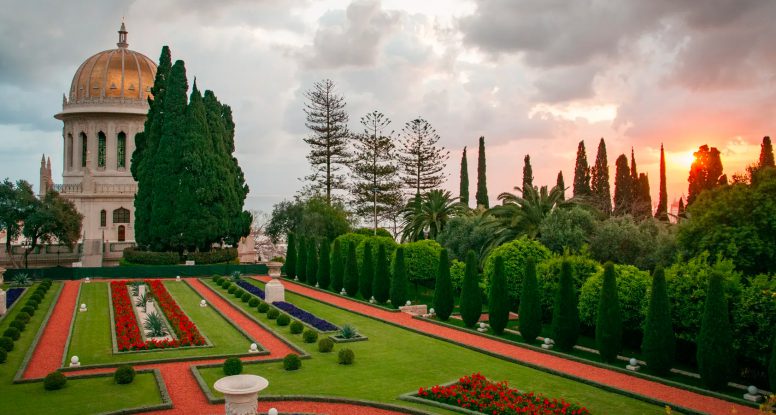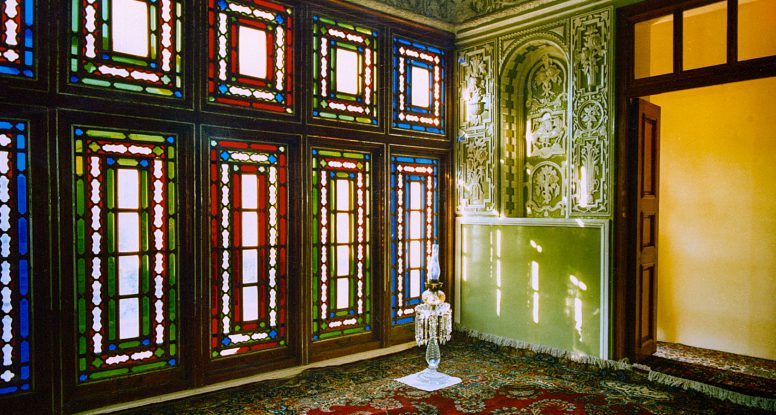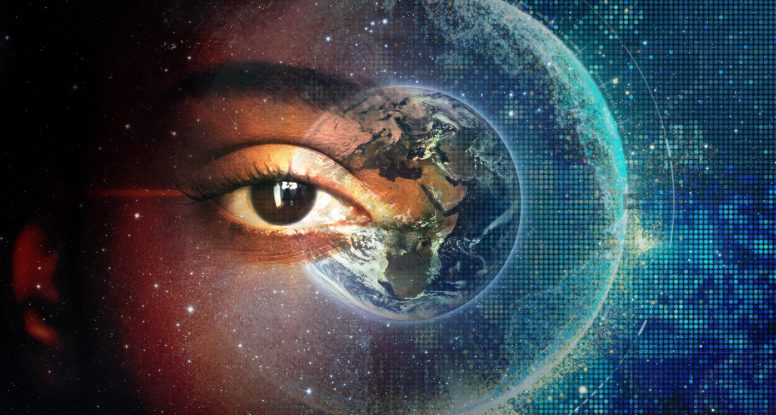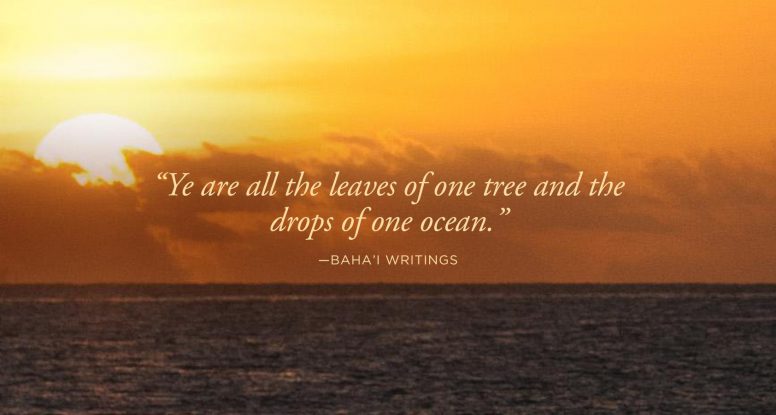All images on this page ©2021 Bahá’í International Community.
About the publication
The following description is from BahaiBookstore.com.
For the Betterment of the World, prepared by the Office of Social and Economic Development* at the Bahá’í World Centre, highlights fundamental concepts that guide Bahá’í efforts in social action.
Much of the publication is dedicated to providing practical examples of projects undertaken in diverse parts of the world. It describes a sampling of Bahá’í development endeavors across a broad spectrum, ranging from grassroots efforts of limited duration undertaken by individuals or small groups, to sophisticated programs of social and economic development implemented by Bahá’í-inspired nongovernmental organizations. The publication also explains how, most often, development endeavors emerge and advance within localities that have a pronounced sense of community and a growing collective consciousness.
Bahá’í social and economic development initiatives address various aspects of community life, and the publication explores some of these, such as education, health, agriculture, the economic life of communities, arts and media, and the advancement of women. Regardless of the specific nature or scale of an initiative, Bahá’í endeavors for social and economic development operate on the principle that populations should be the protagonists of their own material, spiritual, and intellectual advancement, not just recipients of aid or mere participants. All Bahá’í-inspired initiatives are motivated by a desire to serve humanity and seek to promote the social and material well-being of all people.
Visit BahaiBookstore.com to download a free PDF, or purchase a printed copy of the publication.

